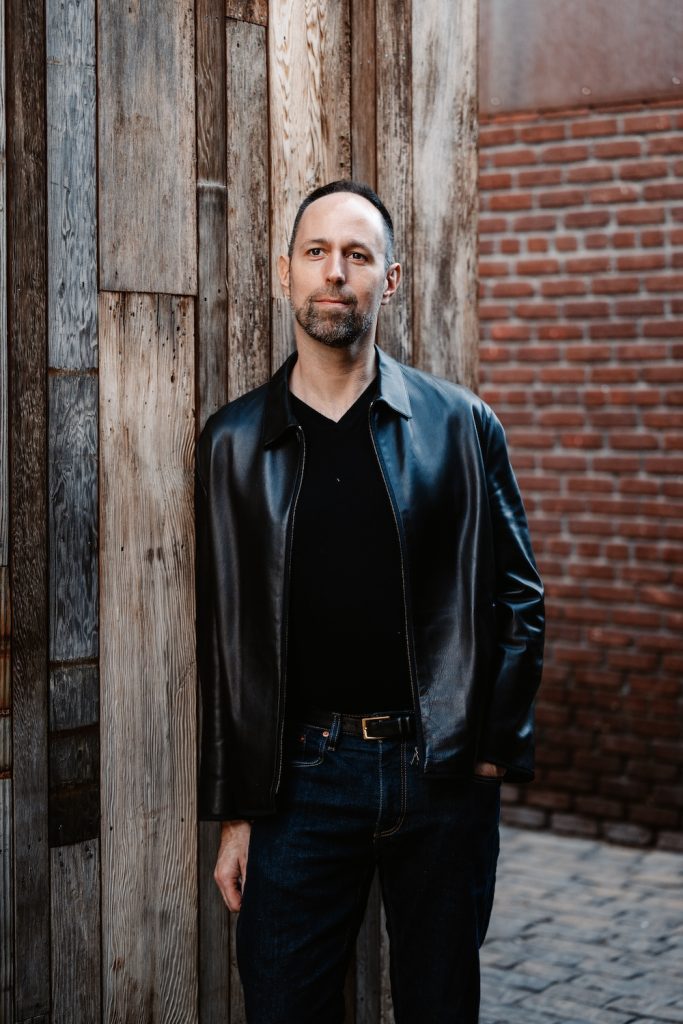To celebrate the latest episode of the Piano Inspires Podcast featuring Spencer Myer, we are sharing an excerpted transcript of his conversation with Jennifer Snow. Want to learn more about Myer? Check out the latest installment of the Piano Inspires Podcast. To learn more, visit pianoinspires.com. Listen to our latest episode with Myer on Apple Podcasts, Spotify, YouTube, or our website!

Jennifer Snow: You’ve gone through all these amazing successes with competitions and started to understand yourself as an artist. That all starts to clue up for yourself. You’ve got a career, you’re performing, you’ve got your management and you’re a Steinway artist, and you’re on your way. Where’s the teaching pull? When does that start to come in, and how does that all come together for you?
Spencer Myer: It was always something I was interested in. I started teaching beginners when I was twelve. I had a paper route from age nine to twelve, and then I thought, “I could at least just advertise on my street for piano lessons and start teaching piano lessons. Why not make money doing music?” That was always something I very much enjoyed. I did that, not as actively, through college, and then it stopped in grad school. I lost all my connections to developing students, and I was more focused on playing through my graduate school.
Then as the performing career started to develop and I would do various engagements, they would often come with a master class. So the bulk of my early higher-level teaching post grad school was master classes, which I always really enjoyed.
I always found myself conducting a masterclass a little bit closer to a lesson than a public display. I just started to see that, certainly in particular, voicing things about developing technique, and refining technique and technical problems—solving things—came quite easily to me because, I think, I was never a prodigy. I had some natural technique, but I had to figure a lot of things out. Certainly, because a lot that I did naturally, I developed a lot of inherent tensions that I had to get rid of, and through repertoire exploration and just a lot of observation.
Another thing I was going to mention about influences at Oberlin was the other piano faculty. I would observe their students playing. I would accompany a lot of their students on concerti, so I saw their teaching [and] so many of these different technical approaches. There’s Bob Shannon and Haewon Song who teach the Taubman technique. We had a couple Russian teachers there who have their own approach as well. I just gained a well-rounded sense of how to solve problems. And so I became, very early on in this masterclass trajectory, very addicted to those light bulb moments. Students, where you solve a technical problem and you make something easier for them, and all they want is to be able to communicate themselves more easily at the piano. It is just the best feeling.
JS: Indeed.
SM: Absolutely the best feeling.
If you enjoyed this excerpt from Piano Inspires Podcast’s latest episode, listen to the entire episode with Spencer Myer on Apple Podcasts, Spotify, YouTube, or our website!
MORE ON SPENCER MYER
- WEBINAR: Debussy: Feux d’artifice with Spencer Myer
- WEBINAR: Chopin: Scherzo No. 2 in B-Flat Minor, Op. 31 with Spencer Myer
- WEBINAR: The Possibilities of Practicing during a Pandemic with Andrew Cooperstock, Barbara Fast, Artina McCain, Spencer Myer, & Nicholas Phillips
- WEBINAR: Let’s Talk About Practicing with Barbara Fast and Spencer Myer
- PIANO MAGAZINE ARTICLE: Engaging the Brain: Practice Tips from an Interview with Spencer Myer by Spencer Myer and Barbara Fast
- PIANO MAGAZINE ARTICLE: Spencer Myer: A 21st-Century American Pianist by Lynn Worcester Jones
- PIANO MAGAZINE ARTICLE:
- VIDEO: Inside the Studio with Spencer Myer
- ONLINE COURSE: A Pianist’s Guide to Teaching Online